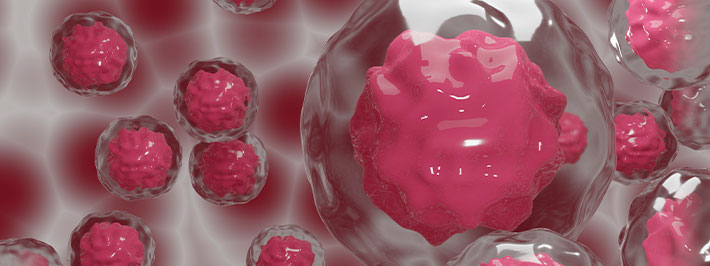
Baby born from frozen embryo for 27 years born in the United States
Born in late October, little Molly holds a world record for the longest frozen embryo before implantation in a uterus: 27 years.
If that embryo had produced a baby when it formed, it could have become the best friend of who is now its mother. Put like that, this situation sounds like incomprehensible gibberish.
Little Molly Gibson is a baby like any other, except that she comes from an embryo that was taken and then frozen in 1992!
Thus, the girl holds the world record for the embryo that remained frozen the longest, at least according to the National Embryo Donation Center in Knoxville (Tennessee, USA). This embryo was adopted by a couple whose wife, Tina, was born in 1992. Therefore, Mollys embryo was produced at the same time as her future mother.
Before adopting the embryo that would become Molly, Tina and Ben Gibson went through a similar process to have their first daughter, Emma. She also had the record before her little sister took it from her. Little Emma was born from an embryo that had been frozen for 24 years.
Surprisingly, the National Embryo Donation Center (NEDC) in Knoxville, a nonprofit organization, indicates that the two embryos are genetically siblings - in other words, from the same donor pair. Frozen embryos are the result of IVF procedures: infertile couples have frozen embryos to have children and can then decide what to do with them after they have completed their parenting plan. Infertile couples can adopt these stored embryos.
Asked by CNN journalists, the Gibson couple, whose man suffers from cystic fibrosis, indicated that they had first considered conventional adoption, after having been foster families for several children. It was Tinas parents who discussed with her the possibility of adopting an embryo, which would then be implanted in her uterus to carry a pregnancy to term.
For Dr. Keenan, president of Knoxville NEDC, these two successful pregnancies for Tina are proof that no embryos should be destroyed, regardless of age. "As long as the embryos are properly kept in a liquid nitrogen storage tank at -196 degrees, we think they can be fine indefinitely. With the birth of Molly, we know that they can survive at least 27 years and more," added Dr. Sommerfelt , in charge of Tinas two pregnancies.